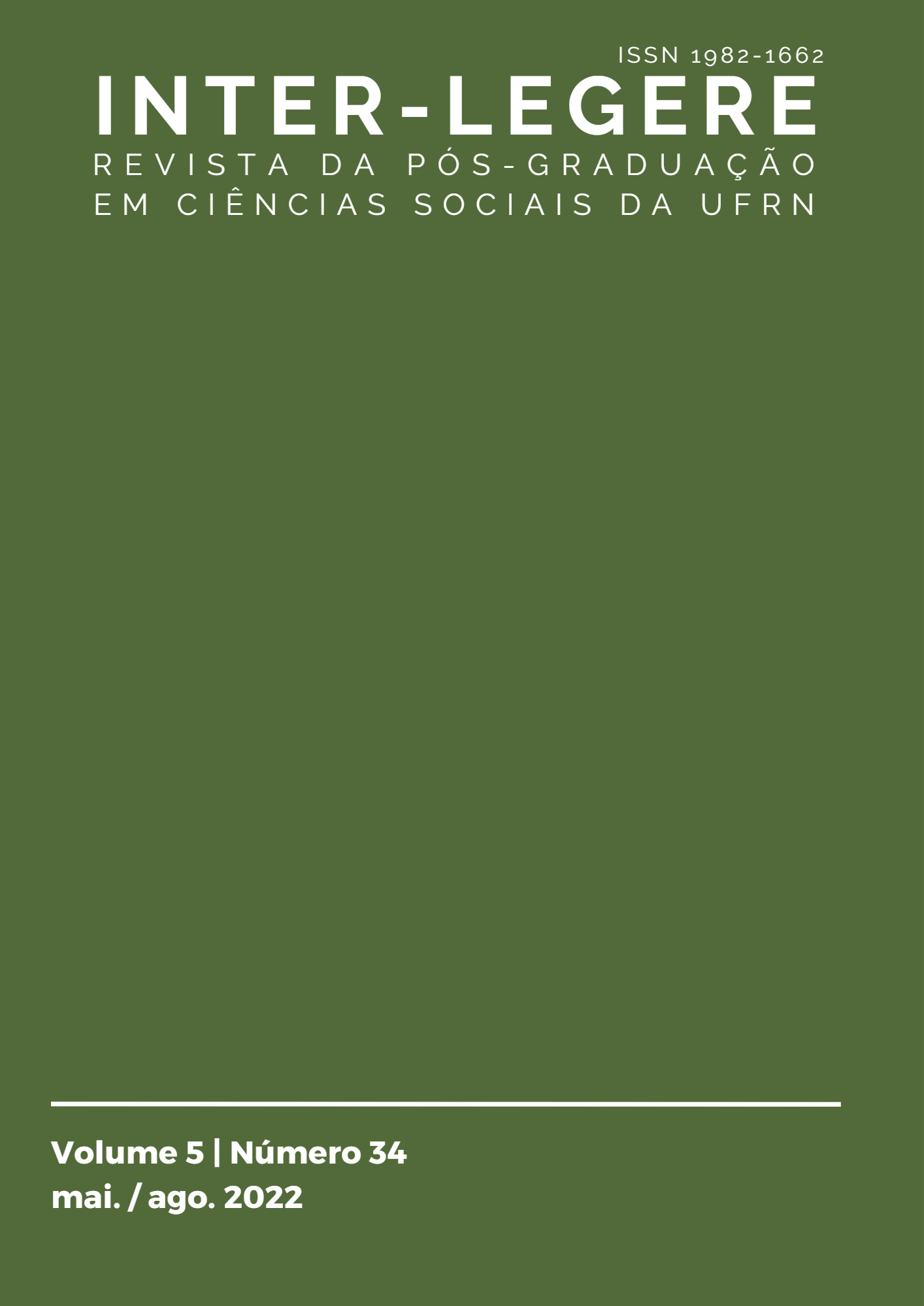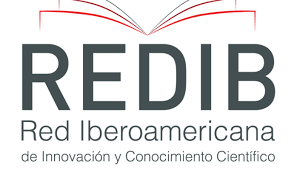Estigma e paradoxo:
o desvio e a exclusão em uma Escola Freinet
DOI:
https://doi.org/10.21680/1982-1662.2022v5n34ID28066Keywords:
Desvio, Estigma, Exclusão, Pessoas com deficiênciaAbstract
This article aims to make explicit the problem of social exclusion inside Camafeu, a Freinet libertarian school. The problem of social exclusion is perceived under the optics of two conceptual systems: Gilberto Velho’s “Desvio e Divergência” (1979) and Erving Goffman’s “Estigma: notas sobre a manipulação da identidade deteriorada” (2004). The research relates to the concepts of deviation and stigma respectively. Within these two discoursive conceptual agents, it concieves deviation as a escape from the current social standards, wheter by the subject or by institucional means, once the school is a counter-hegemonic institution; regarding stigma, the concept is applied to the subjects as something which does not correspond to the current expectations of the social standards – people with disabilities, wheter physical or mental. It is within these two notions (deviation and stigma) that we observe the excluision of the scholars. Through the sociability pratices observed inside the School we developed an observation in which is possible to apply questionnaires and experiences in loco based on the ethnographic exercise over a ten month period. The moralities that permeates the space were investigated raising the following question: “Is it possible to exist social exclusion within a libertarian environment?”. The main hypothesis is that even when the institution is a libertarian and typically deviating one, it does not solve the problem of social exclusion, once the great transformations has to come, overall, from the relationships estabilished within the classrooms between the students themselves.
Downloads
References
CHARAUDEAU, Patrick. Discurso das mídias. Tradução por Angela S. M. Corrêa. São Paulo: Contexto, 2006.
DANTAS, Daniel. A argumentação como elemento discursivo na mídia digital: um estudo sobre o blog “Fatos e dados”. Natal, RN: UFRN, 2012 (tese de doutorado).
DIJK, Teun A. Van. Discurso e poder. Judith Hoffnagel, Karina Falcone (Org). 2a Ed. São Paulo: Contexto, 2015.
FOUCAULT, Michel. A ordem do discurso. Tradução por Laura Fraga de Almeida Sampaio. 17a Ed. São Paulo: Loyola, 2008.
FOUCAULT, Michel. Os corpos dóceis. In: FOUCAULT, Michel. Vigiar e punir: nascimento da prisão. Tradução de Raquel Ramalhete. 34. Ed. Petrópolis, Rj : Vozes, 2007.
FREINET, Célestin. As técnicas Freinet da Escola Moderna. Editorial Estampa, 1976. Coleção técnicas de educação. Tradução de Silva e Letra. Título Original: Les techniques Freinet de l'école moderne, 1964.
GOFFMAN, Erving. Estigma e identidade social. In: GOFFMAN, Erving. Estigma: notas sobre a manipulação da identidade deteriorada, 4.ed. Tradução por Mathias Lambert. Rio de Janeiro: Zahar Editora, 2004.
GOFFMAN, Erving. As características das instituições totais. In: GOFFMAN, Erving. Manicômios, prisões e conventos. Tradução: Dante Moreira Leite. Editora: Perspectiva, São Paulo, 1961.
LEMOS, Daniel Dantas. et al. Tudo começa aqui? A anulação da presença dos povos indígenas no RN e a vitória do invasor branco retratadas pelas escolhas lexicais em canais de comunicação do destino Rio Grande do Norte. Brazilian Journal of Development, Curitiba, v.7, n.11, p. 104067-104089 nov. 2021. Disponível em: https://brazilianjournals.com/ojs/index.php/BRJD/article/view/39342/pdf. Acesso em: 29 dez 2021.
VELHO, Gilberto (org). Desvio e divergência: uma crítica da patologia social. 3ª. ed. Zahar, Rio de Janeiro, 1979.
Downloads
Published
How to Cite
Issue
Section
License
Copyright (c) 2022 Daniel Dantas Lemos, Giovanna Duarte da Silva Mantuano

This work is licensed under a Creative Commons Attribution-NonCommercial-ShareAlike 4.0 International License.


 Português (Brasil)
Português (Brasil) English
English Français (Canada)
Français (Canada) Español (España)
Español (España)





